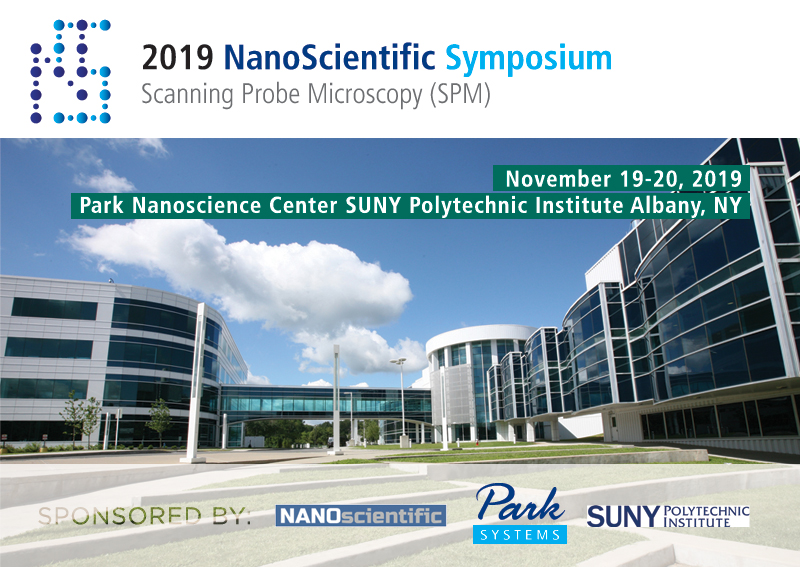
Park Systems, SUNY Polytechnic and NanoScientific Publications are proud to announce the 2nd Annual NanoScientific Symposium on Scanning Probe Microscopy (SPM), a venue for nanoscience researchers, scientists, and engineers to learn about the latest studies being formed using SPM. Featured Speakers from both academia and industry will be on hand to talk about the current cutting-edge work being performed in their laboratories and discuss the headway they have made with SPM in some of the hottest fields and topics in nanoscience today.
Featured Speakers

Professor, Macromolecular Science and Engineering
Case Western Reserve University
Research Professor, Chemistry and Chemical Engineering
University of Houston
Editor-in-Chief
MRS Communications
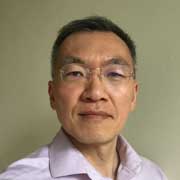
Professor of Nanoscale Engineering
SUNY Polytechnic Institute

Professor, Colleges of Nanoscale Science & Engineering
SUNY Polytechnic Institute

Senior Member of Technical Staff, Lead Engineer, Scanning Probe Microscopy (SPM) Laboratory
Global Foundries
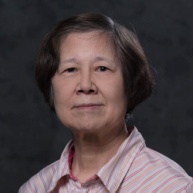
Travelstead Institute Chair, Physics, Applied Physics & Astronomy
Rensselaer Polytechnic Institute (RPI)

Rowland Fellow
Rowland Institute at Harvard
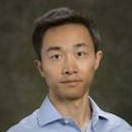
Assistant Professor, Department of Systems Science and Industrial Engineering
Binghamton University – State University of New York
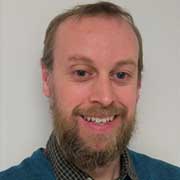
Research Assistant Professor, Department of Chemistry
University of Utah

James L. Jackson Professor of Chemistry
Indiana University
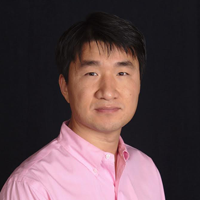
Research Scientist
Johnson Space Center
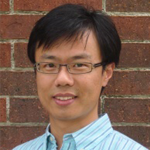
Associate Professor, Department of Chemical & Biomolecular Engineering
The University of Akron
Additional speakers and presenters will be announced soon.
Short Courses and Demo Activities
Day Two of the symposium will feature short courses along with demo samples in the Park Nanoscience Center Demo Lab. More information on course topics coming soon.
Venue
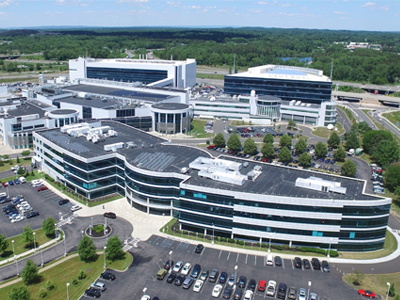
The NanoScientific Symposium on SPM will be held Sept. 19-20th at the Park Nanoscience Center at SUNY Poly’s Albany NanoTech Complex, a fully-integrated research, development, prototyping, and educational facility and home to the College of Nanoscale Sciences and
the College of Nanoscale Engineering and Technology Innovation.
